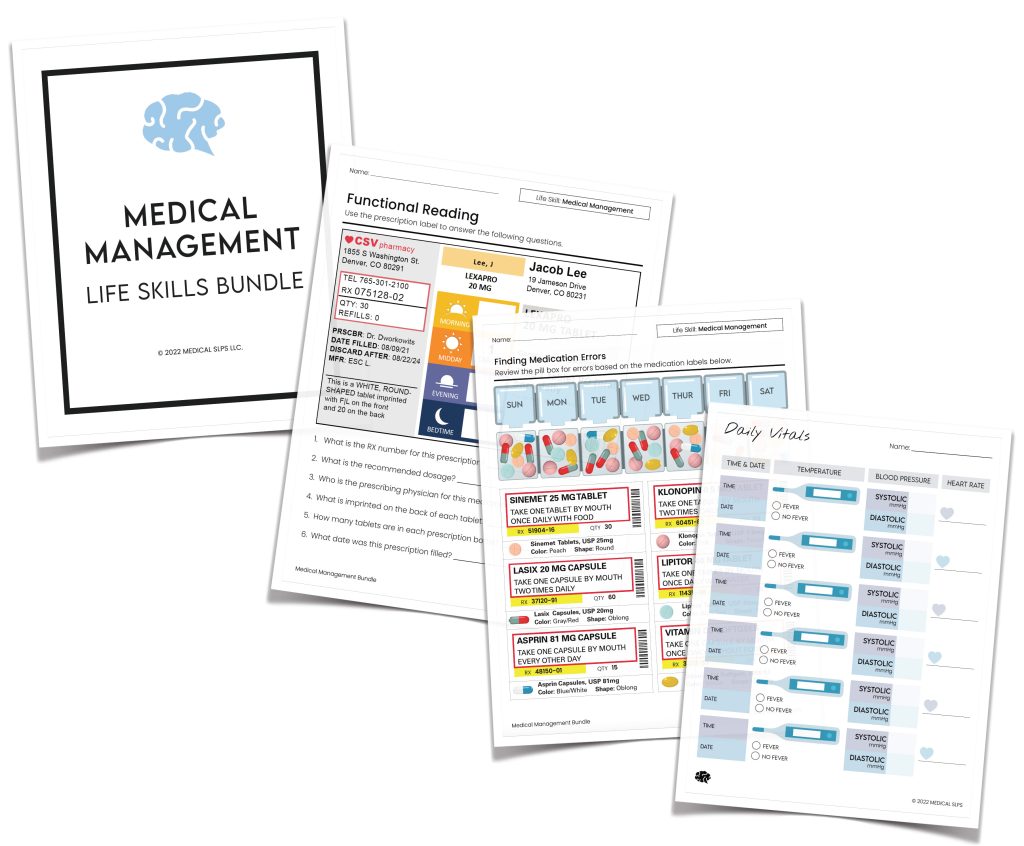How to write a medication management plan – Ever feel overwhelmed by your meds? It’s a common struggle, but a well-crafted medication management plan can be your secret weapon for staying on top of things. This guide breaks down the essential steps, making it easier than you think.
Think of your medication management plan as a personalized roadmap. It’s a document that Artikels everything you need to know about your medications, from dosages and schedules to potential side effects and important reminders. This isn’t just about remembering pills; it’s about proactively managing your health and ensuring you’re taking the right medication, at the right time, for the best possible results. Imagine yourself with a clear picture of your medication journey, always knowing exactly what to do.
Crafting Your Medication Management Plan: A Step-by-Step Approach
- Detailed Medication List: Include every prescription and over-the-counter medication you take. Be meticulous! Include the name, dosage, frequency, and any special instructions.
- Timing & Reminders: Schedule medication times in a planner or use an app. Setting alarms can be invaluable for avoiding missed doses.
- Potential Side Effects: Note any known or suspected side effects for each medication. This helps you identify issues early on and communicate with your healthcare provider.
- Important Information: Include contact details for your doctor, pharmacist, and any relevant support groups.
- Storage & Disposal: Describe where you store your medications and how you plan to dispose of them properly.
Beyond the Basics: Making Your Plan Personal
A good medication management plan isn’t just about the pills; it’s about your overall health. Consider these extra elements to make your plan truly personalized:
- Lifestyle Factors: How does your daily routine affect your medication schedule? Account for appointments, work, and other activities.
- Dietary Considerations: Are there any foods or drinks that interact with your medications? Include this in your plan.
- Other Health Conditions: List any other health conditions you have and how they might affect your medication.
- Support System: Who can help you remember to take your medication? A family member, friend, or caregiver can be invaluable.
Remember, a medication management plan is a living document. Review and update it regularly as needed. Your health and well-being are paramount; take the time to create a plan that works for you.

